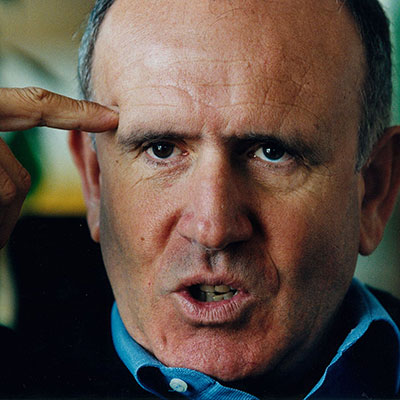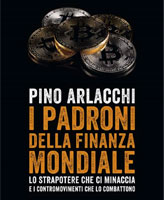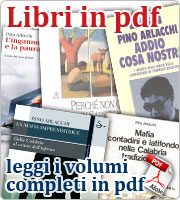Moscow, 14 February 2011 (Itar-Tass) — People in Russia and EU member states consumer more than half of all narcotics made in Afghanistan, Director of Russia's Federal Service for Control of Drugs and Psychotropic Substances (FSKN) Viktor Ivanov said.
At a meeting with Pino Arlacchi, a member of the European Parliament, in Moscow on Monday, February 14, Ivanov said, “More than half of all narcotics [from Afghanistan] in the opium equivalent go to Russia and the European Union – 549 tonnes to Russia [last year] and 711 tonnes to EU counties in the opium equivalent.”
Ivanov stressed that Afghanistan had become a world leader in the production of highly concentrated hashish over the past two years.
“As for heroin, it makes twice as much of it than was made in the whole world ten years ago,” the official said.
According to Ivanov’s estimates, the narco-mafia’s profit from Afghan narcotics amounts to 65 billion U.S. dollars a year, which is six times bigger than Afghanistan’s budget.
Ivanov called for creating a joint Russian-European commission or agency for dealing with the Afghan drug threat.
He recalled that Russia had presented to NATO and the European Parliament the Raduga-2 action plan approved by President Dmitry Medvedev, which envisions a number of measures to destroy the production of narcotics in Afghanistan.
In December 2010, Arlacchi presented his own strategy addressing this issue, which was declared an official action plan of the European Union.
“It is obvious that the consolidation of these two plans into one operational international plan will produce a synergy effect,” Ivanov said.
He stressed that the plan should name concrete persons or agencies, both from Russia and the EU, responsible for its implementation and get sufficient funding.
“We think there should also be a Russian-European target commission or a specialised agency,” he added.
Ivanov described the event as “the launch of a new unique project – a five-year plan for liquidating the production of narcotics in Afghanistan.”
According to U.N. experts, drug turnover in the world is as big as 500-600 billion U.S. dollars a year and is comparable with incomes on the illegal arms market.
The world opiate market is estimated at 65 billion U.S. dollars. One-fifth of this amount goes to Russia. EU countries were in the lead last year in terms of opiate consumption that had amounted to 711 tonnes. Russia was second with 549 tonnes.
In order to fight the spread of drugs, Russia has suggested a seven-point plan called Raduga-2. Specific proposals include chemical destruction of plantations. There are also administrative and legal measures, such as the creation of a cadastre of land owned by Afghan landowners. If land is used for growing opium poppy, its owner is most likely involved in drug trade and the Afghan government has the right to seize this land.
The heroin danger directly affects Russia where the number of drug addicts has reached 2.5 million, of whom 90 percent use Afghan heroin. More than half of the drug addicts are young people under the age of 30. About 30,000 Russians die from drug addiction annually.
Afghanistan is an indisputable leader in heroin production in the world. A report released by the United Nations Office on Drugs and Crime (UNODC) says that about 900 tonnes of opium and 375 tonnes of heroin are taken out of the country every year, and almost one in ten working Afghans grows opium poppy.
About 90 tonnes of heroin goes from Afghanistan to Russia every year, and no more than 5 percent of this amount is seized in Central Asian countries located along the so-called “northern route”, and another 4 percent are seized in Russia, according to the World Drug Report 2010.
Russia consumes 20 percent of heroin made in Afghanistan, the document says. Last year, the global production of this drug decreased by 13 percent to 657 tonnes due to a decline in opium production. Of this amount, about 430 tonnes reached the market.
Global revenues from illegal heroin trafficking are estimated at 55 billion U.S. dollars. Afghanistan, Russia, Iran, and Western Europe together consume half of the heroin made in the world.





 Non sono una persona complicata. La mia vita pubblica ruota intorno a due cose: il tentativo di capire ciò che mi circonda, da sociologo, e il tentativo di costruire un mondo più decente, da intellettuale e militante politico.
Non sono una persona complicata. La mia vita pubblica ruota intorno a due cose: il tentativo di capire ciò che mi circonda, da sociologo, e il tentativo di costruire un mondo più decente, da intellettuale e militante politico.




